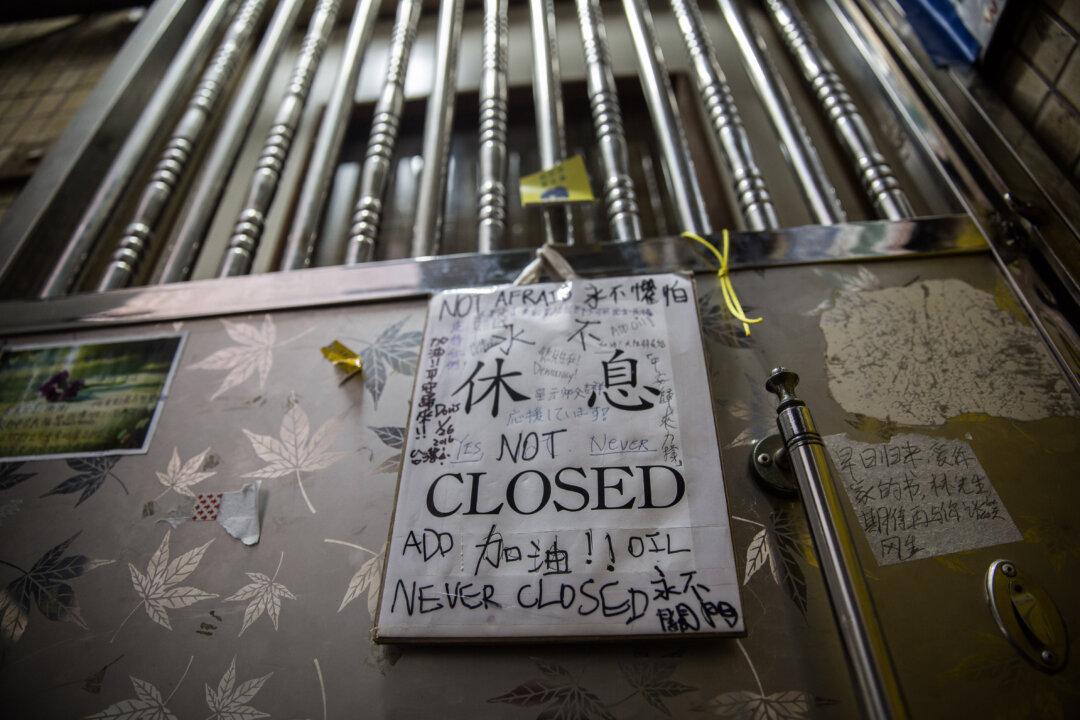World leaders are paranoid about journalists, according to press watchdog, Reporters Without Borders (RSF).
The organization’s annual press freedom report was released April 20, and RSF says it reflects “a climate of fear and tension combined with increasing control over newsrooms by governments and private-sector interests.”
In general, press freedom has declined in all regions of the world, the report said.
Eritrea, North Korea, and Turkmenistan jostled for lowest ranking, with the former getting the unfortunate position of last. All three countries have held the lowest positions since 2011.
Middle East and Africa
Press freedom remains a disaster in Africa, with South Sudan falling 15 places in the ranking of 180 countries. Journalists suffer terrorism, conflict, and are victims in a “campaign of intimidation by the authorities,” the RSF report states.
The Middle East and North Africa continued to be one of the world’s most difficult and dangerous regions for journalists, according to the report.
In many places, journalists were “trapped between rival factions, belligerents, radical groups and governments that behave in an extreme fashion and are often adept at their own terror strategies,” said RSF.
Americas
Media freedom declined last year in the Americas, although the United States experienced a marginal upswing. RSF was careful to point out that the country’s ranking improvement (from 49th last year to 41st this year), is tiny, due to the close scoring within that part of the index.
“This relative improvement by comparison hides overall negative trends,” RSF said.
The United States ranks higher than France (45th), but lower than Canada (18th).





